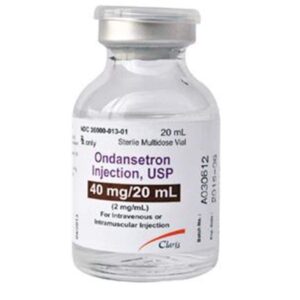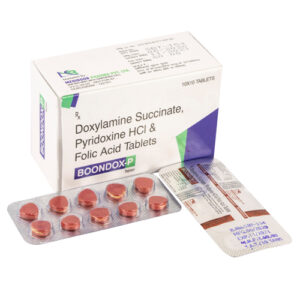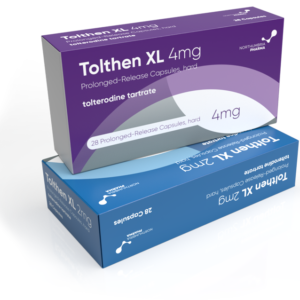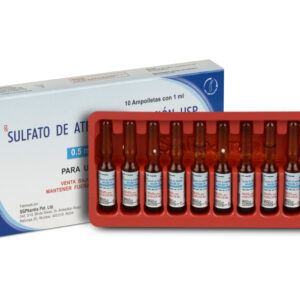-
Ondansetron
Ondansetron is a 5-HT3 receptor antagonist used to prevent and treat nausea and vomiting.
Applications:
-
Prevents nausea and vomiting from chemotherapy, radiation, and surgery.
-
Sometimes used for severe morning sickness in pregnancy.
Side Effects:
-
Common: headache, constipation, dizziness.
-
Serious (rare): QT prolongation, allergic reactions, serotonin syndrome (when combined with other serotonergic drugs).
Br120.00
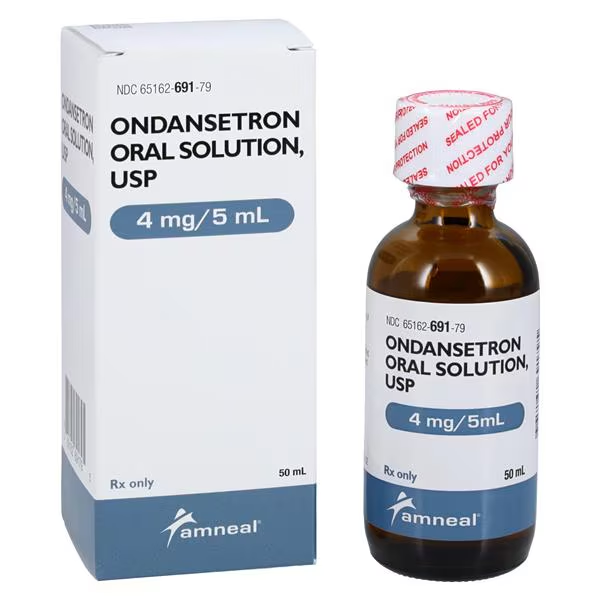

Ondansetron
Br120.00 Select options This product has multiple variants. The options may be chosen on the product page -
-
Doxylamine succinate + Pyridoxine Hydrochloride
Doxylamine Succinate + Pyridoxine Hydrochloride is a combination used to treat nausea and vomiting during pregnancy (morning sickness).
Applications:
-
First-line treatment for morning sickness in pregnant women.
-
Helps reduce nausea and vomiting without harming the fetus.
Side Effects:
-
Common: drowsiness, dry mouth, dizziness, and headache.
-
Serious (rare): allergic reactions, confusion, and difficulty urinating.
Br120.00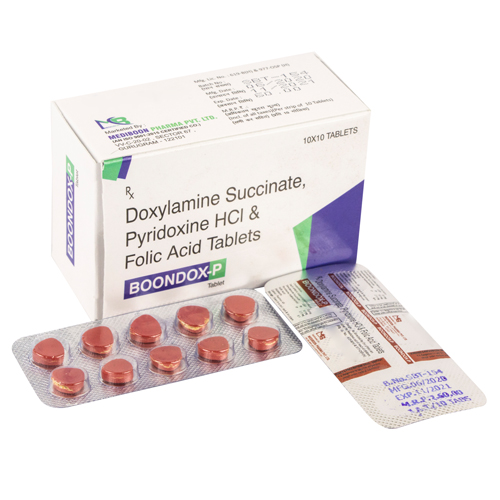
Doxylamine succinate + Pyridoxine Hydrochloride
Br120.00 Select options This product has multiple variants. The options may be chosen on the product page -
-
Tolterodine
Applications:
-
Overactive Bladder (OAB): Treats urinary frequency, urgency, and incontinence.
-
Neurogenic Detrusor Overactivity: Manages bladder spasms in neurological conditions (e.g., MS, spinal injury).
Side Effects:
-
Common: Dry mouth (35% of users), constipation, blurred vision, headache.
-
Serious (Rare):
-
QT prolongation (caution in heart disease).
-
Angioedema (swelling of face/throat).
-
Urinary retention (risk in prostate enlargement).
-
Br120.00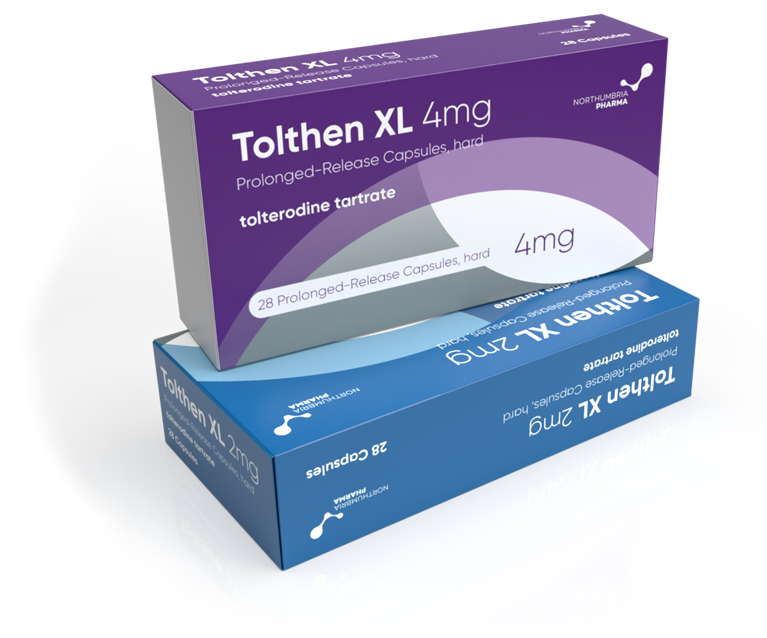
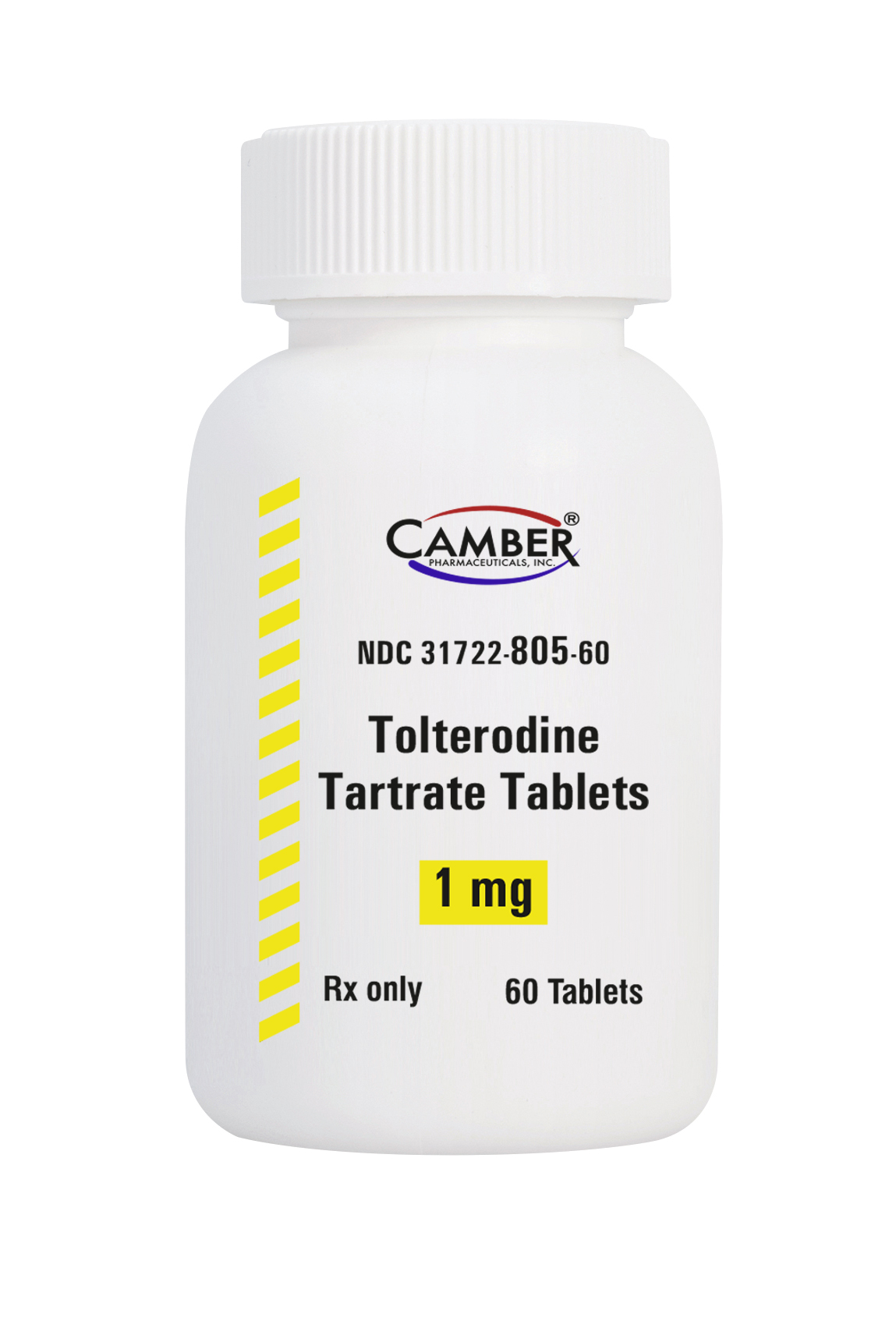
Tolterodine
Br120.00 Select options This product has multiple variants. The options may be chosen on the product page -
-
Atropine Sulphate
Applications:
-
Pre-Anesthesia: Reduces saliva and respiratory secretions before surgery.
-
Bradycardia: Emergency treatment for abnormally slow heart rate.
-
Poison Antidote: Countacts organophosphate or nerve agent poisoning.
-
Ophthalmic Use: Dilates pupils for eye exams or inflammation treatment.
-
GI Disorders: Relieves spasms in irritable bowel (rarely used today).
Side Effects:
-
Common: Dry mouth, blurred vision, rapid heartbeat, dizziness.
-
Serious:
-
Hallucinations/confusion (high doses)
-
Urinary retention
-
Glaucoma attacks (with eye drops)
-
Dangerous tachycardia (overdose)
-
Note:
-
IV/IM use only in emergencies (hospital/EMS).
-
Reverses life-threatening cholinergic toxicity (e.g., pesticide poisoning).
Br120.00
Atropine Sulphate
Br120.00 Select options This product has multiple variants. The options may be chosen on the product page -
-
Ranitidine
Applications:
- Used to treat gastroesophageal reflux disease (GERD), peptic ulcers, and conditions where the stomach produces too much acid (like Zollinger-Ellison syndrome).
- Reduces stomach acid production, helping to heal ulcers and manage heartburn or acid reflux.
- Can be used for the prevention and treatment of ulcers and conditions like indigestion.
Side Effects:
- Common side effects include headache, dizziness, constipation, or diarrhea.
- Rare but serious side effects may include liver problems, irregular heartbeats, and severe allergic reactions.
- Long-term use can occasionally lead to vitamin B12 deficiency.
Ranitidine is effective in controlling excess stomach acid but was withdrawn from many markets (including the U.S.) in 2020 due to concerns over a potential carcinogenic impurity. For those still using it, monitoring for side effects is important, especially if taken for prolonged periods.
Br120.00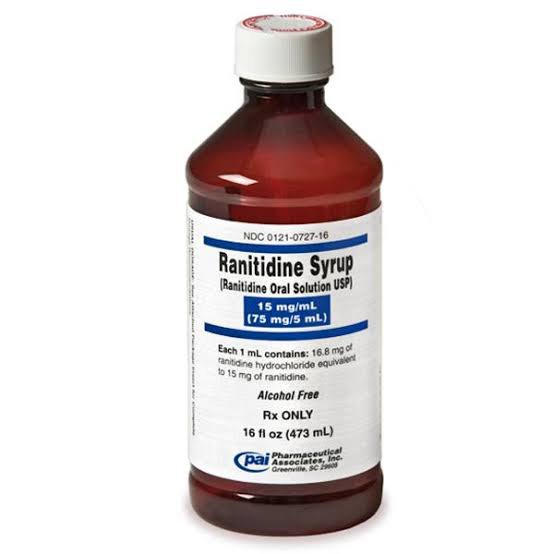
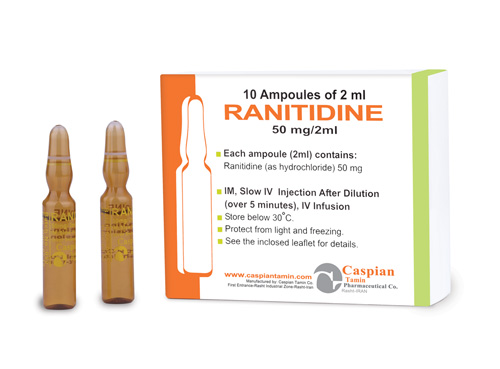
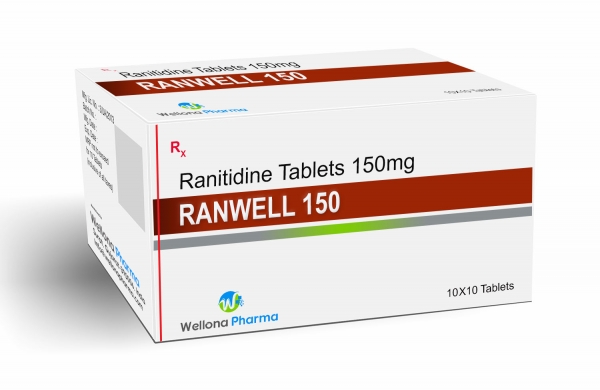
Ranitidine
Br120.00 Select options This product has multiple variants. The options may be chosen on the product page

